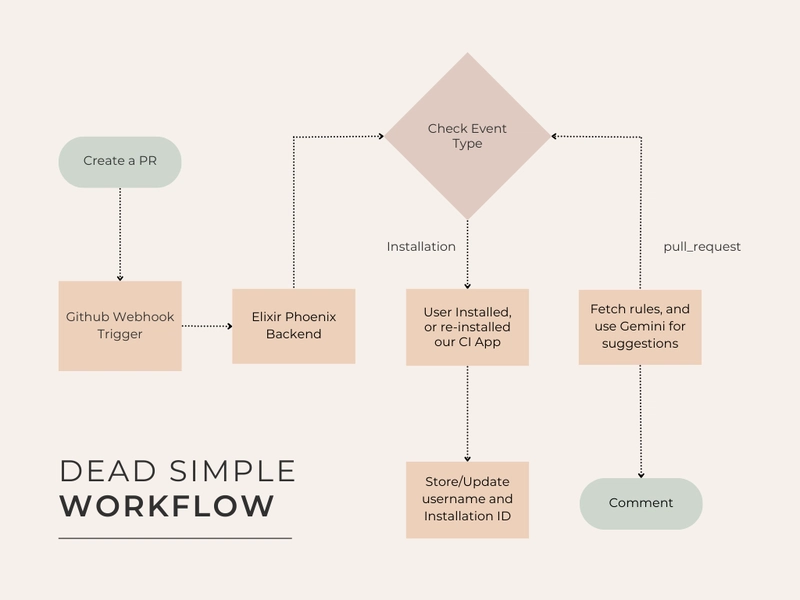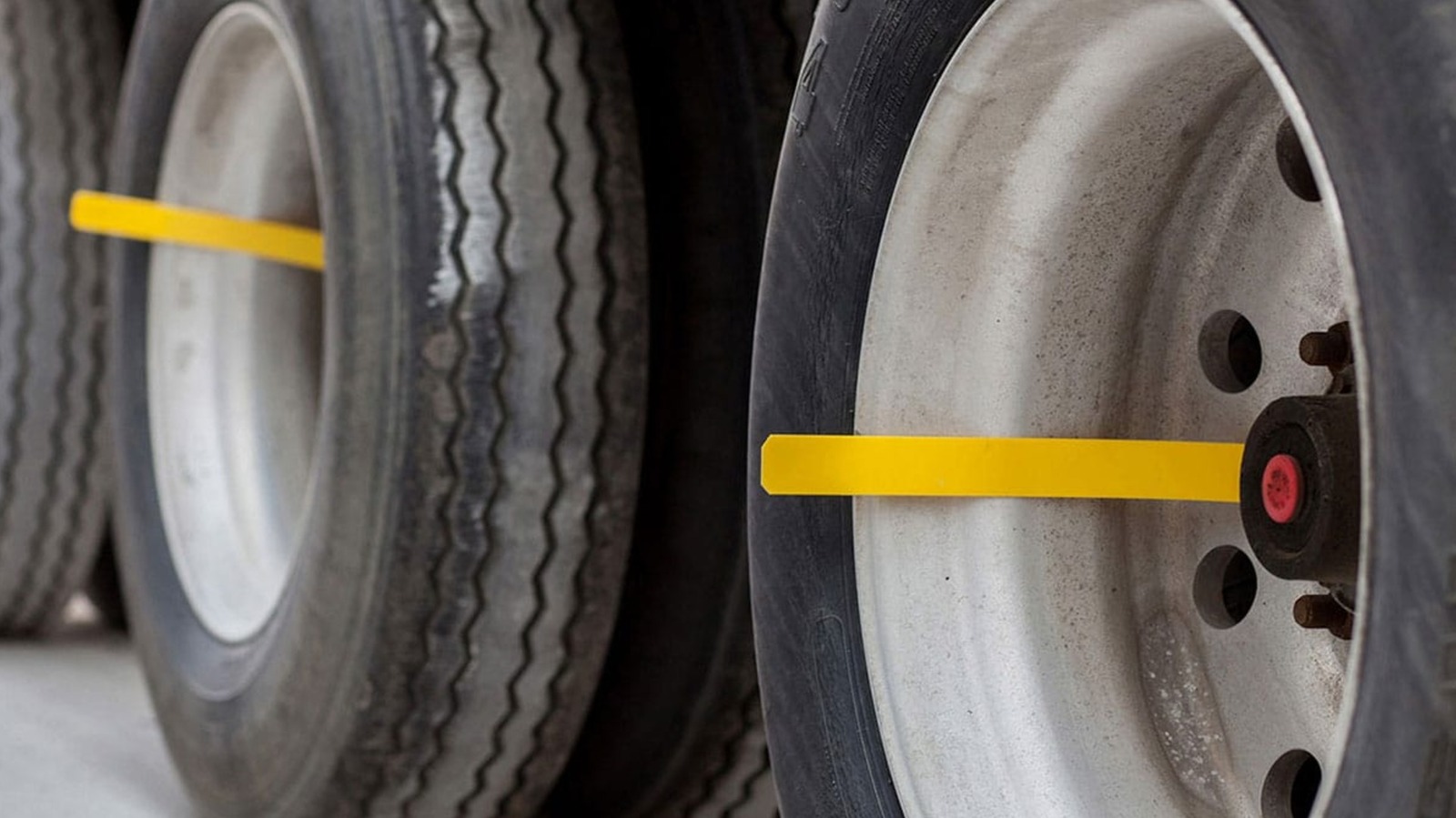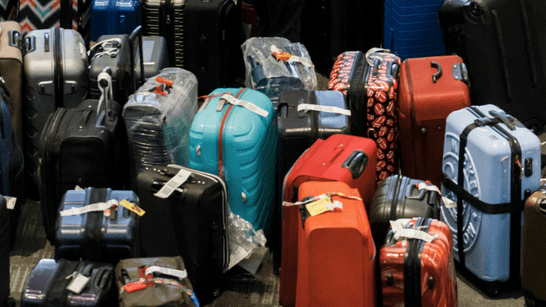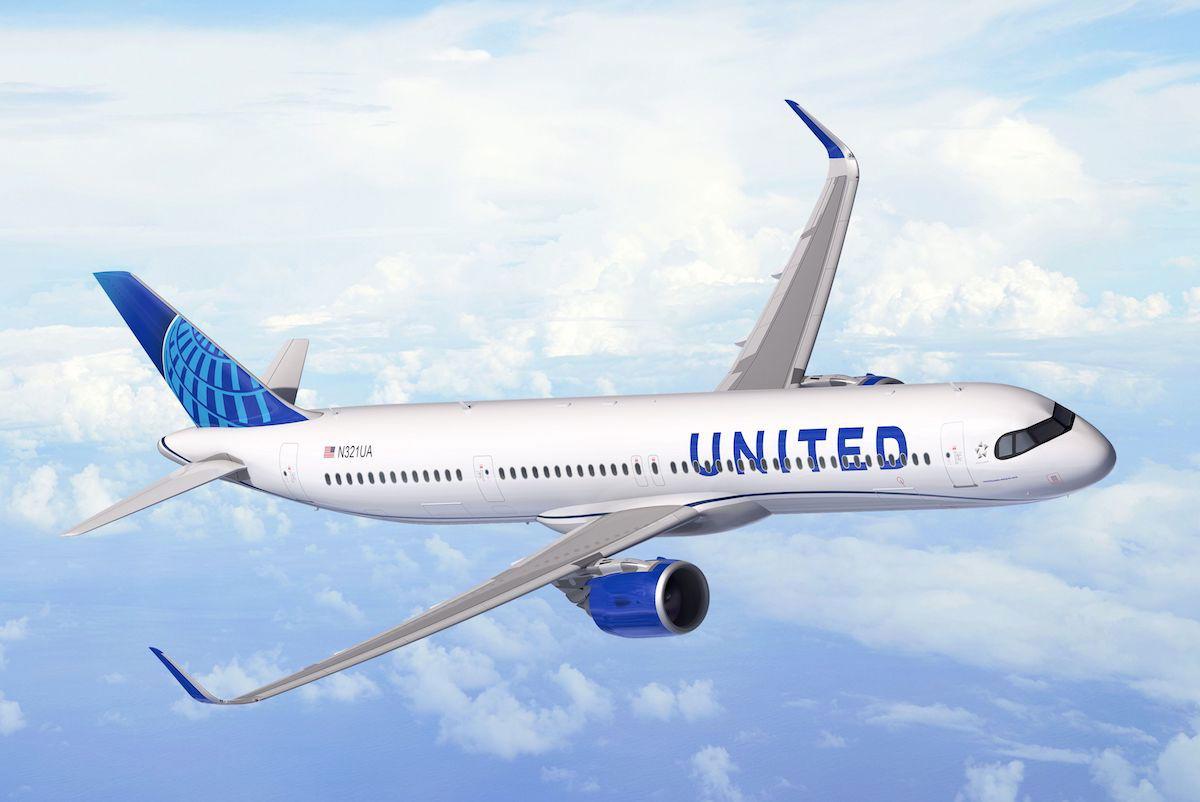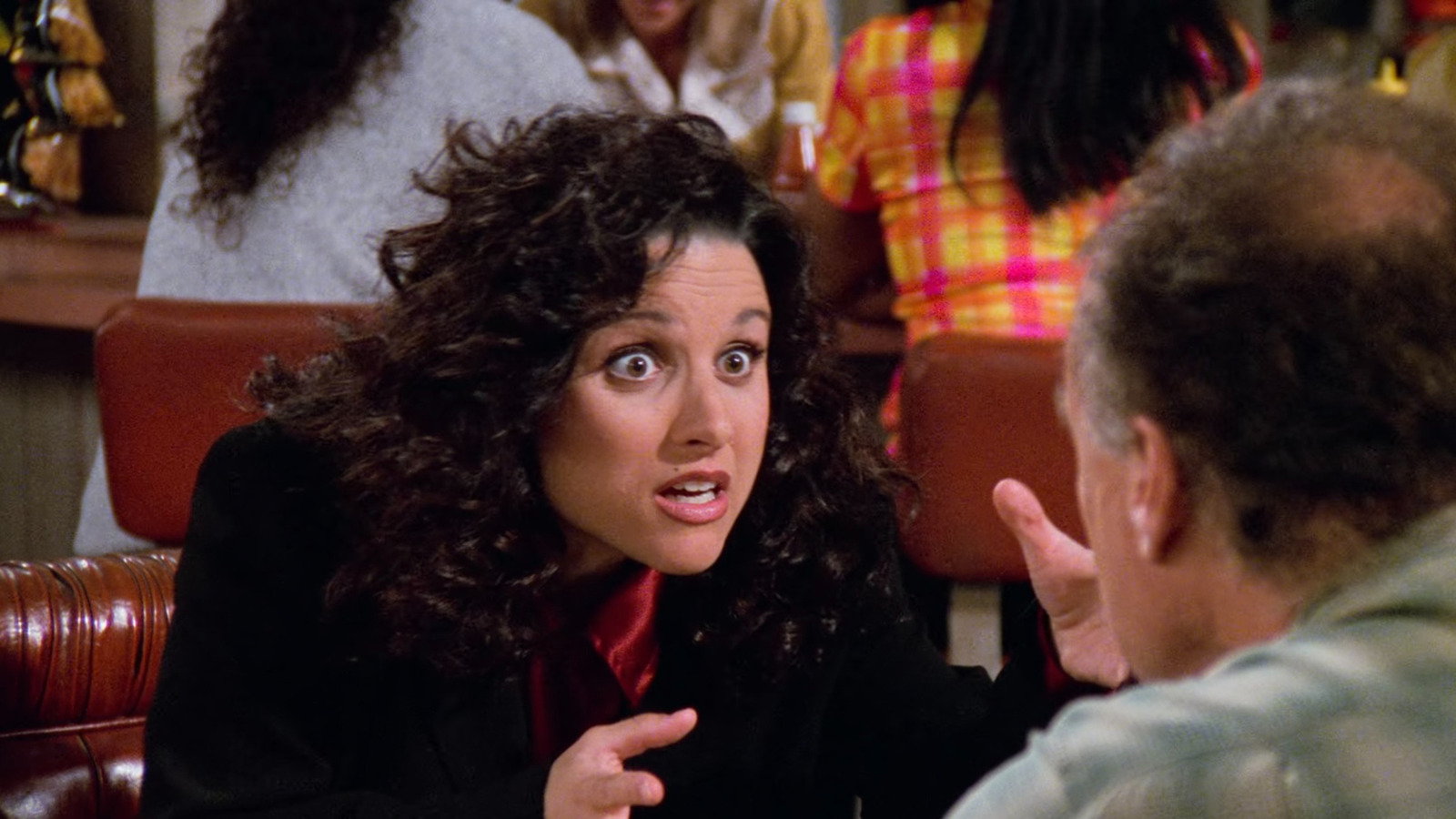Trump tariffs, including massive levies on China, go into effect
President Trump's latest round of sweeping reciprocal tariffs went into effect early Wednesday, including a 104 percent import tax on China. The tariffs, which Trump announced April 2, the day he dubbed “Liberation Day,” hit nearly all foreign trading partners with an import tax on products coming into the U.S. A baseline 10 percent tariff,...

President Trump's latest round of sweeping reciprocal tariffs went into effect early Wednesday, including a 104 percent import tax on China.
The tariffs, which Trump announced April 2, the day he dubbed “Liberation Day,” hit nearly all foreign trading partners with an import tax on products coming into the U.S. A baseline 10 percent tariff, also announced last week, were imposed over the weekend.
The small African country of Lesotho was hit with a 50 percent tariff and China was originally slapped with a 34 percent reciprocal tariff. Beijing was already facing a 20 percent tariff, bringing the import tax up to 54 percent.
Around 125 countries were hit with a 10 percent tariff, according to the announcement.
China has been a vocal critic of Trump's tariff agenda, slapping the U.S. with a 34 percent reciprocal tariff earlier this week. In response, the Trump administration added an additional 50 percent — bringing the total to 104 percent.
Beijing was quick to respond early Wednesday, saying it would implement its own 84 percent tariff on U.S. goods starting Thursday.
“The U.S. threat to escalate tariffs on China is a mistake on top of a mistake and once again exposes the blackmailing nature of the U.S. China will never accept this," China's Ministry of Commerce said. "If the U.S. insists on its own way, China will fight to the end."
The back-and-forth comes as the White House has insisted that Trump will not back down on tariffs. The president argued that the tariffs will boost domestic manufacturing, lead to more jobs and help to curb the influx of drugs into the U.S.
On Tuesday, the administration doubled down on Trump's threat to slap more tariffs on China for its retaliation.
White House press secretary Karoline Leavitt, during the daily press briefing, said it was "a mistake" for China to retaliate. But, she added, the president would be "incredibly gracious" if Chinese President Xi Jinping reached out to make a deal.
The administration has suggested that other countries, such as Japan and South Korea, have already signaled their willingness to negotiate. Treasury Secretary Scott Bessent and U.S. Trade Representative Jamieson Greer are expected to hold talks with Japan in the near future.
Despite Trump's claims that the additional taxes on foreign goods will be beneficial for the economy and investors, the tariffs have shaken up domestic and international trade, led to stock market dips — including drops in Asian and European shares — and sparked concern over impacts on U.S. consumer prices.











